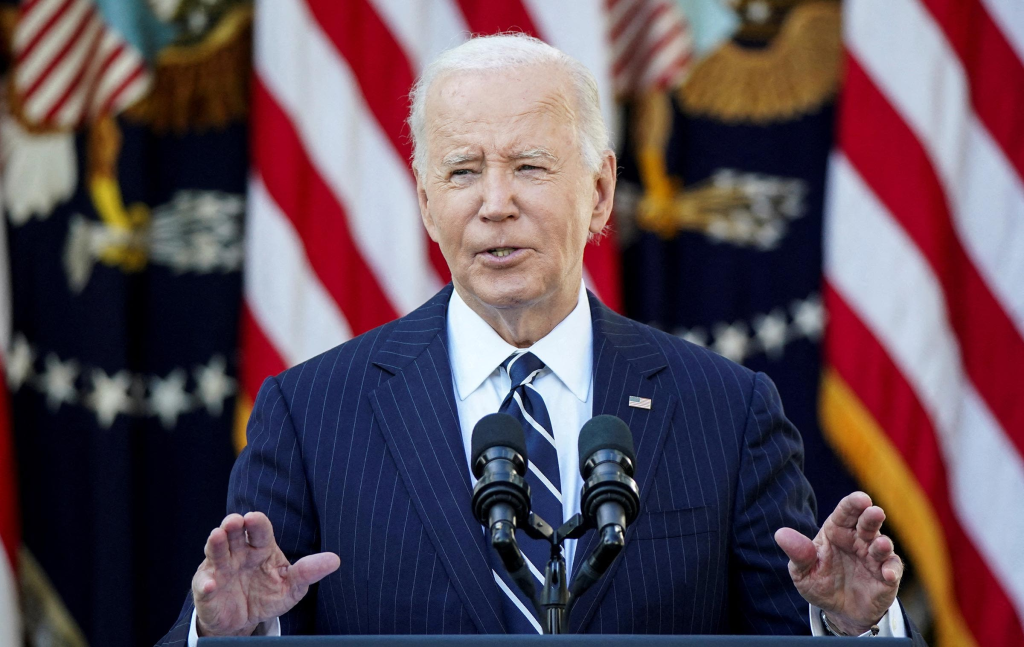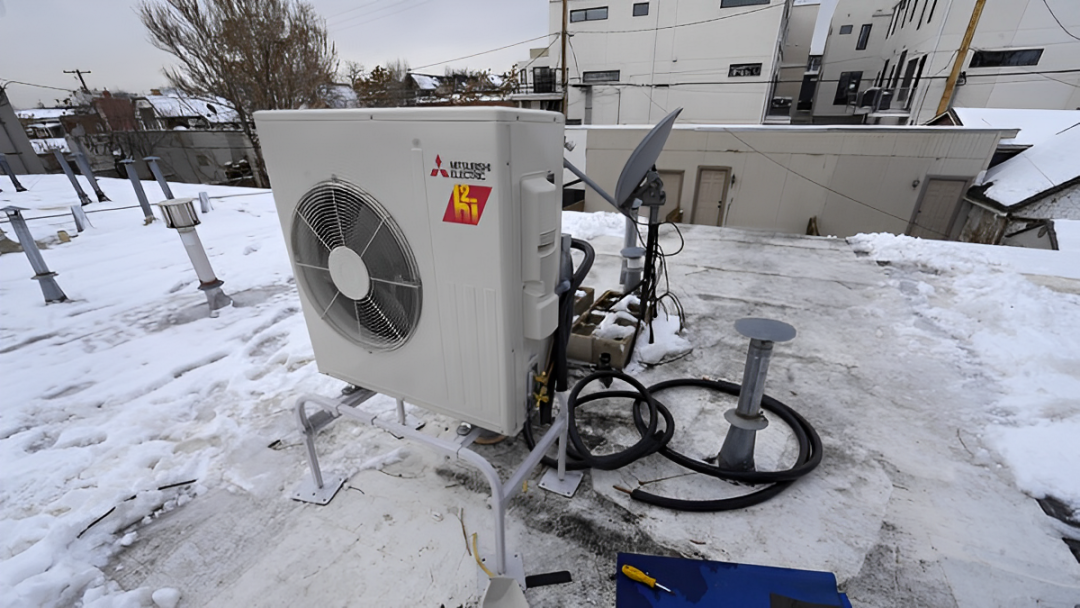Households in Pennsylvania will soon have access to rebates for electric appliances and home improvements that enhance energy efficiency, thanks to recent funding from the Biden administration. Just before President Biden left office, his administration approved federal funding for home energy rebate programs across nearly two dozen states, including Pennsylvania, Delaware, and New Jersey.
Randy Libros, a volunteer with Pennsylvania’s POWER Interfaith organization, shared his excitement over the approval, saying, “This is good news for homeowners and tenants, and it’s even better for the environment. These programs will help us reduce reliance on fossil fuels.”
Big Money for Pennsylvania
Pennsylvania received the largest share of the funding in the Delaware Valley area, with a generous $260 million allocated for the rebate programs. New Jersey followed with nearly $183 million, while Delaware secured close to $66 million. These funds will support a range of energy-efficient upgrades, from electric stoves and HVAC systems to water heaters, clothes dryers, insulation, and electrical wiring.

Alejandra Mejia Cunningham, a senior manager at the Natural Resources Defense Council, highlighted the dual benefits of the rebate program, saying, “This is an investment that helps fight climate change while improving public health, comfort, and, of course, reducing household energy costs.”
A Push for Climate Action
The rebate funding was part of a final push by the Biden administration to get climate-related investments out the door before he left office. Alongside the rebate funds, the U.S. Department of Energy also reached a deal with the Mid-Atlantic Clean Hydrogen Hub (MACH2), awarding it over $18 million to start developing hydrogen production facilities.
While President Trump’s administration had taken a different stance on energy, declaring a “National Energy Emergency” and halting wind energy projects, the Biden administration’s climate efforts aim to address the impacts of fossil fuel consumption, which contribute to climate change, rising temperatures, and more frequent storms.
Support for Low-Income Households
One of the most important aspects of the rebate programs is their ability to support low- to moderate-income households. In cities like Philadelphia, many Black, Hispanic, and low-income residents spend a higher percentage of their income on energy bills than the general population. This rebate program is seen as a way to help ease those burdens.
Ari Matusiak, the CEO of Rewiring America, a nonprofit promoting electrification and energy efficiency, emphasized the importance of the rebates for working families. “These rebates help make it easier for families to access better, more efficient appliances, which will save them money on their energy bills,” he said.
State-Run Rebate Programs
Each state will design its own rebate program within the framework set by the U.S. Department of Energy, with guidelines that include some income thresholds for eligibility. Pennsylvania, Delaware, and New Jersey are all planning to roll out their rebate programs this year, with Pennsylvania targeting the launch of some rebates in early 2025.
The states will offer rebates for appliances, home electrification, and energy-saving retrofits. However, Pennsylvania’s rebates for energy-saving retrofits will be restricted to multifamily housing. Additionally, rebates for appliances will be available only to households earning no more than 150% of the area’s median income.
Pamela Darville, another volunteer from POWER Interfaith, stressed the importance of making sure these rebates reach communities that need them the most, especially those with high rates of energy poverty. Darville suggested that Pennsylvania should conduct thorough outreach efforts, make applications user-friendly, offer the program in multiple languages, and partner with community organizations to ensure those who qualify for rebates can easily access them.
“The goal is to make the process easy and accessible,” Darville added. “We all want energy-efficient appliances, but the truth is, many people can’t afford them without this help.”
Ensuring an Equitable Rollout
The successful implementation of these rebate programs is key to addressing the energy needs of low-income neighborhoods. With the right outreach and support, these programs could make energy-efficient upgrades accessible to a broader range of households, providing both environmental and financial benefits. Ensuring these rebates reach the right people, with adequate support and reduced upfront costs, will lay the groundwork for a more equitable future in energy efficiency.
Disclaimer: This article has been meticulously fact-checked by our team to ensure accuracy and uphold transparency. We strive to deliver trustworthy and dependable content to our readers.

